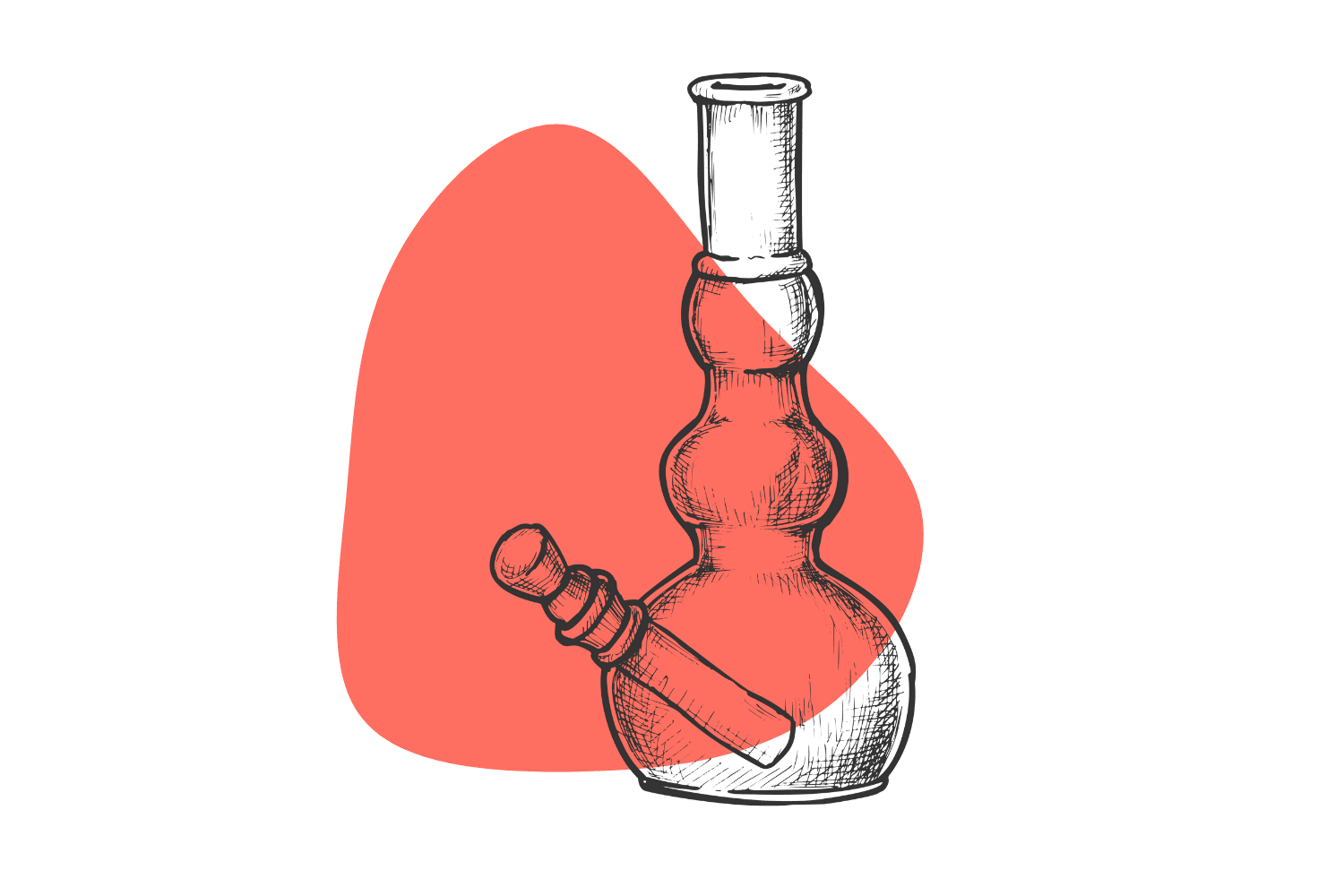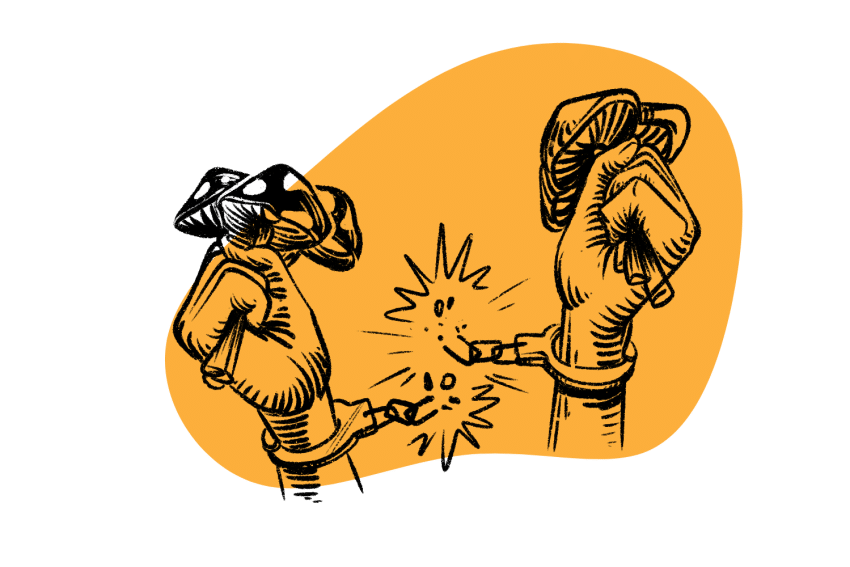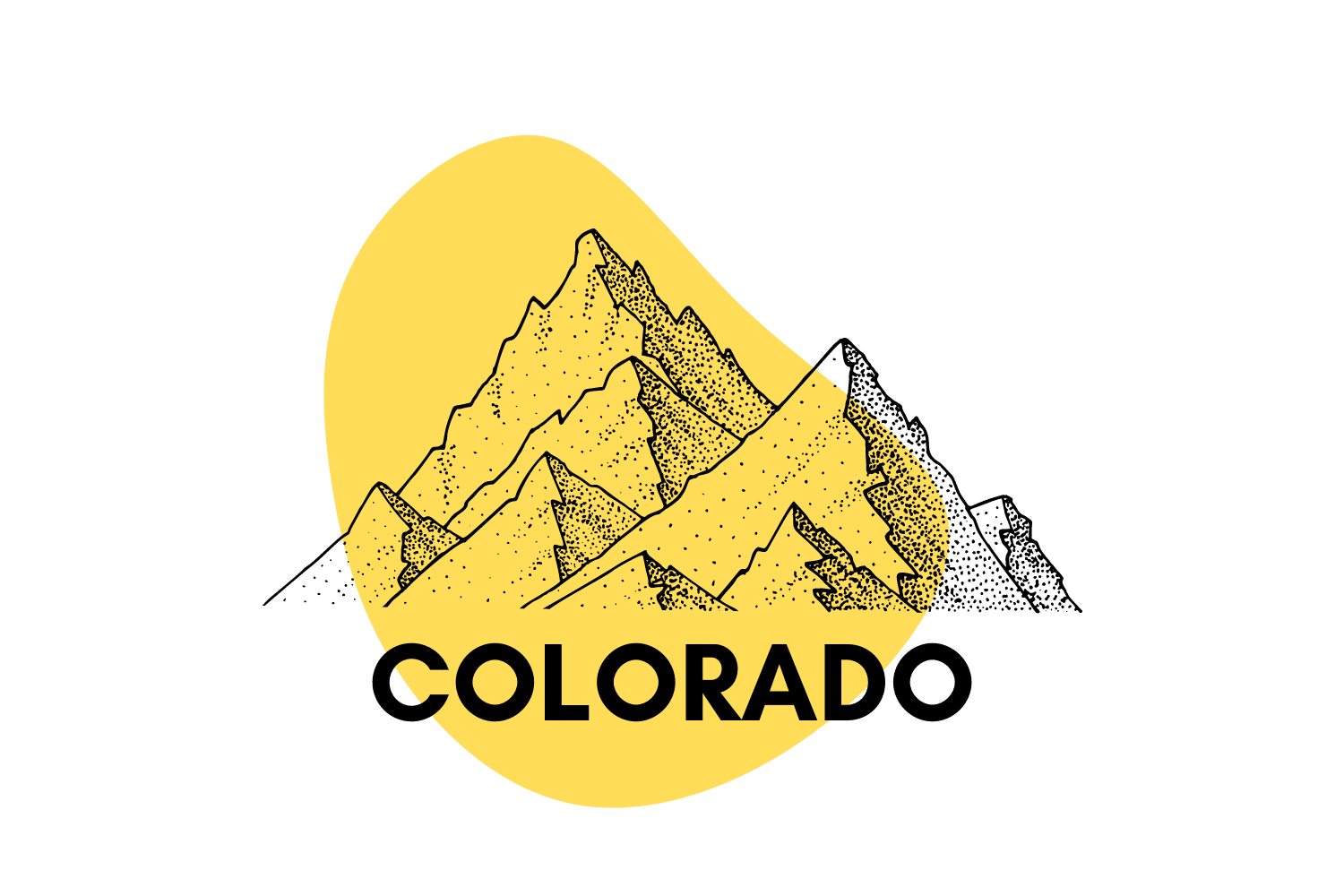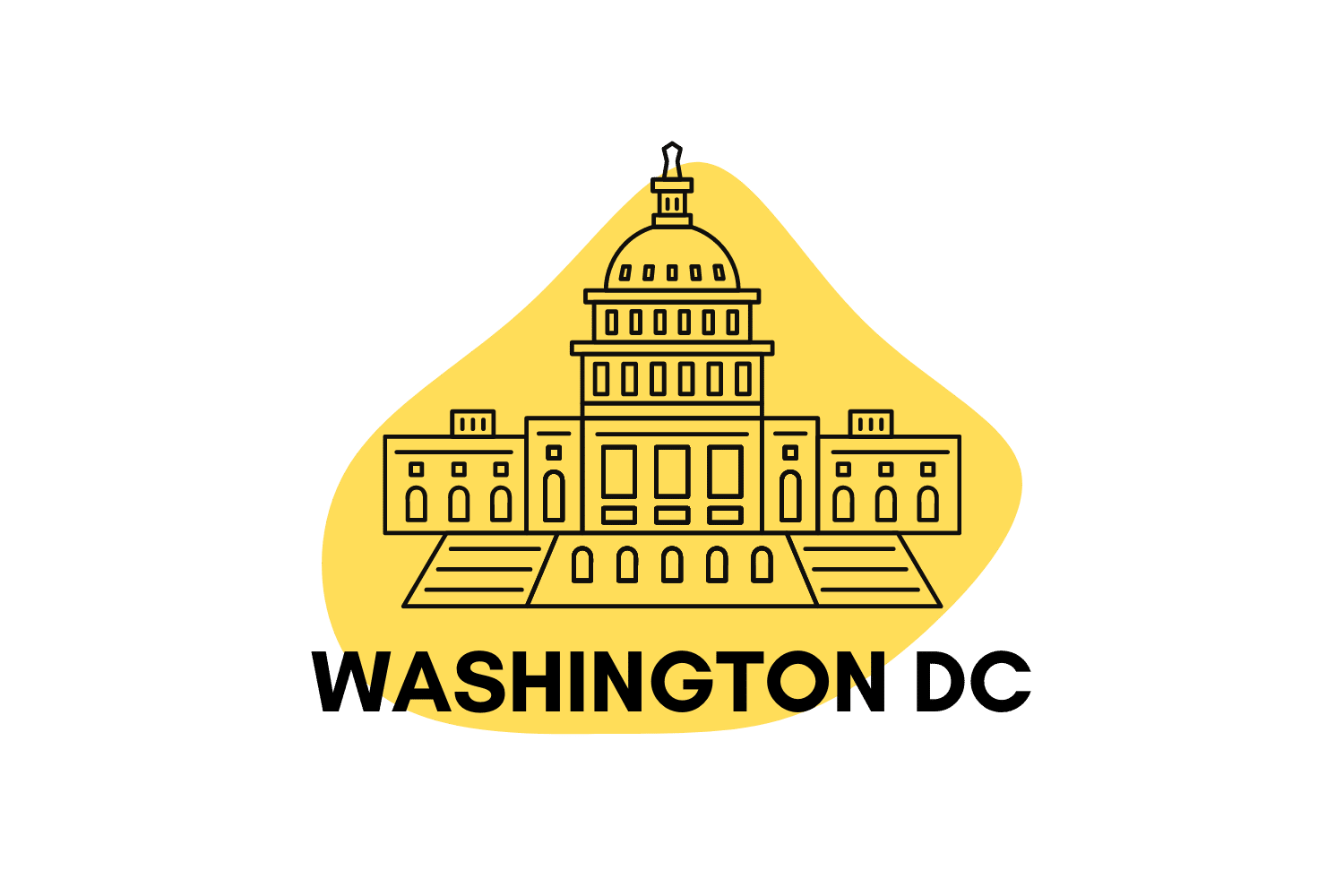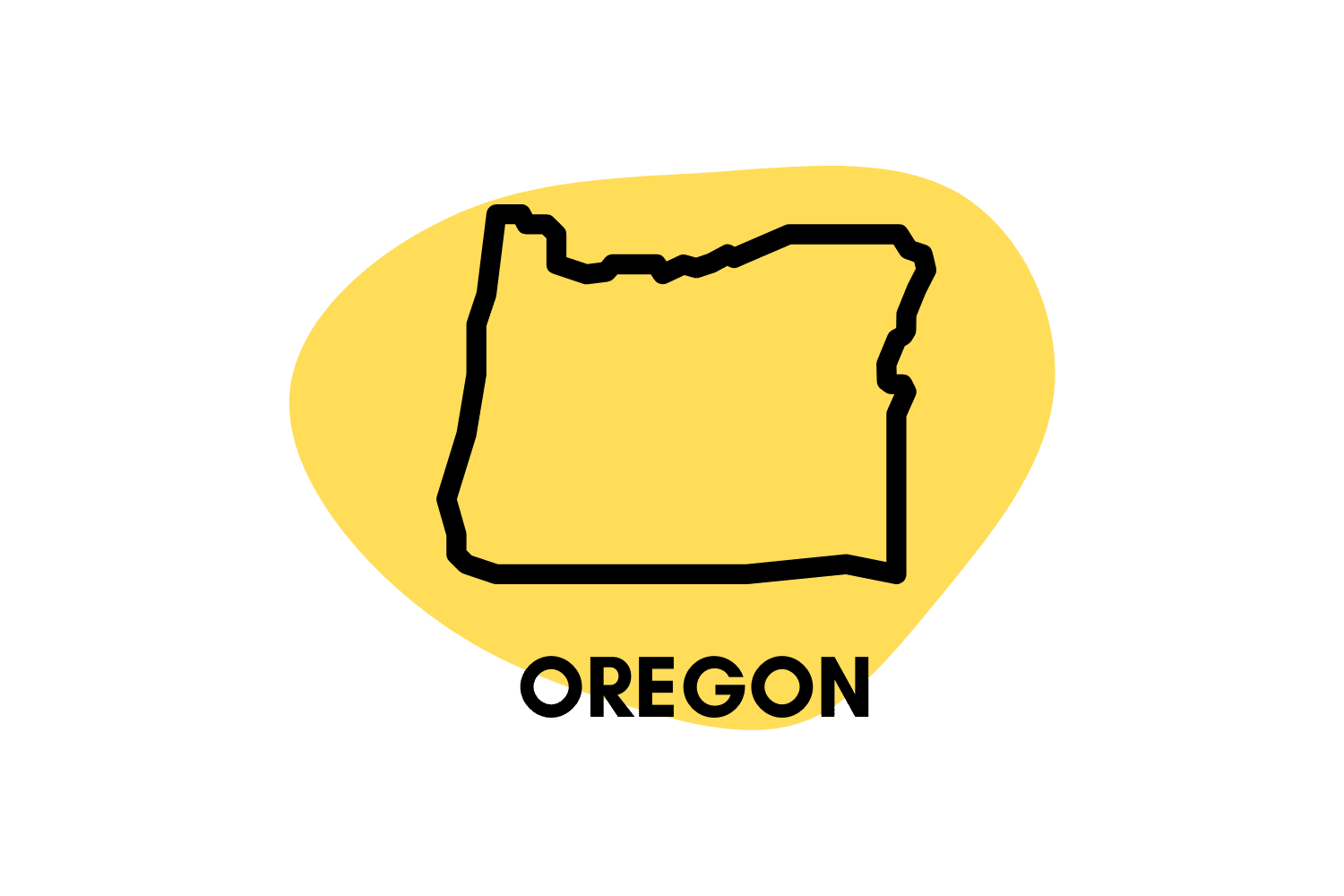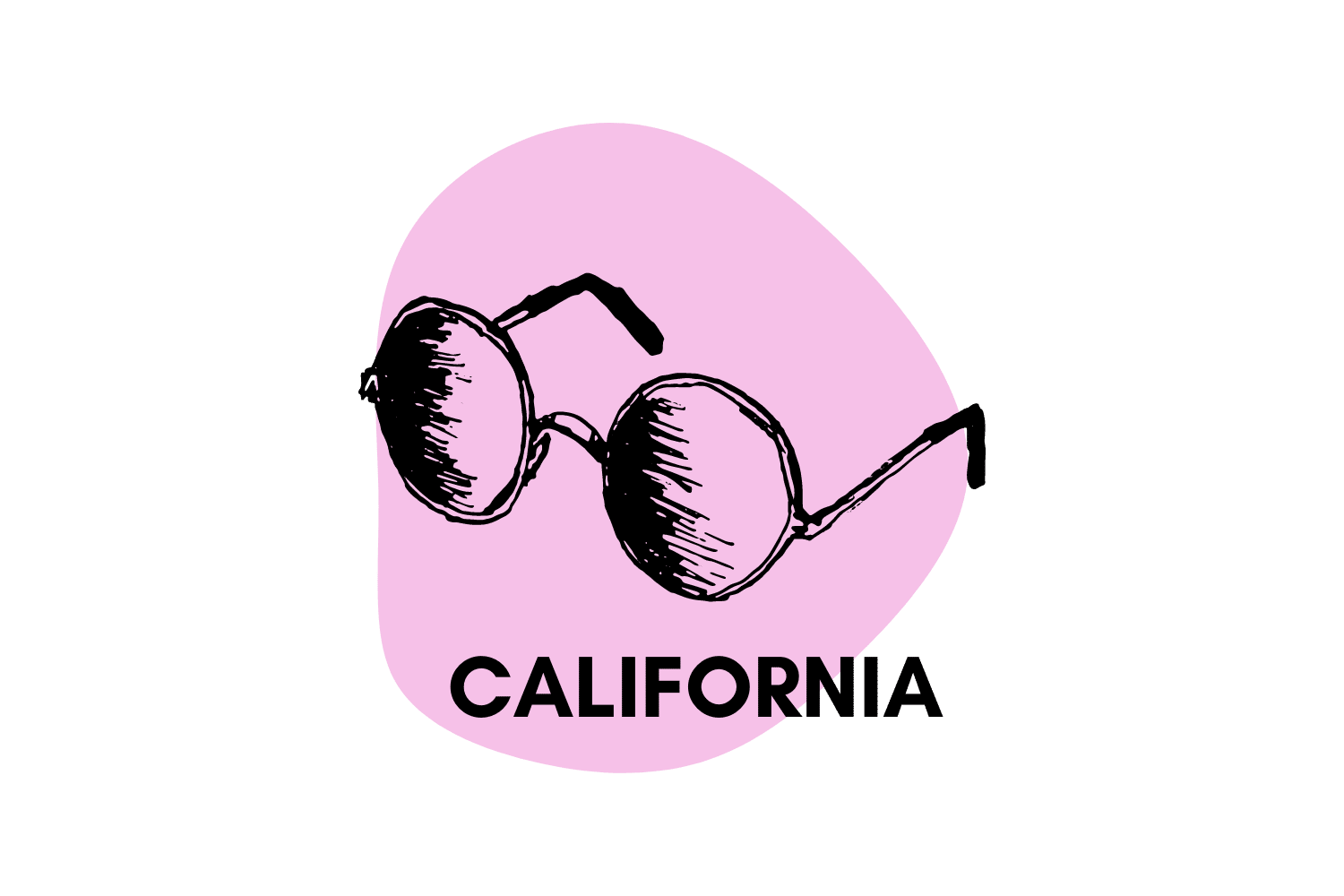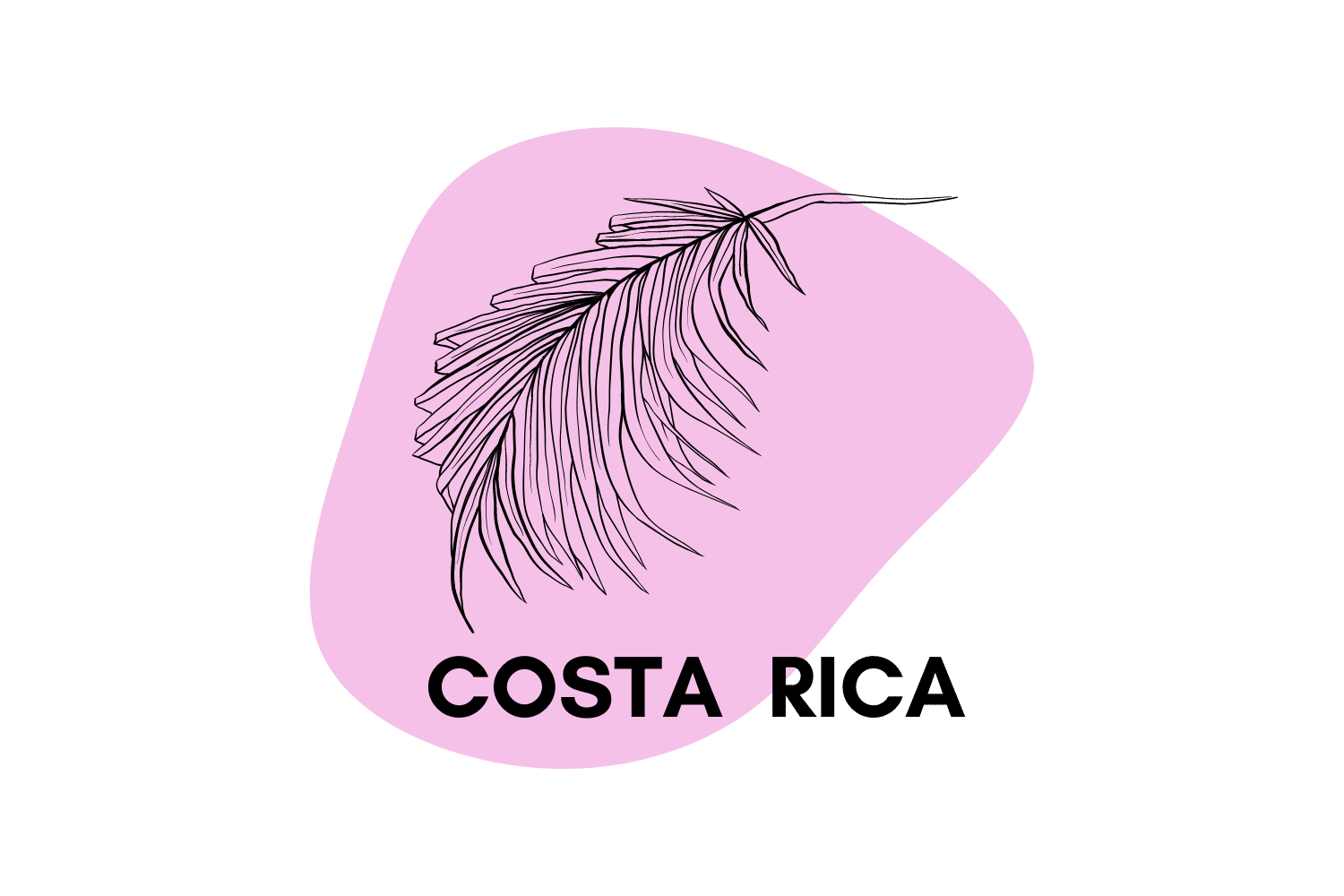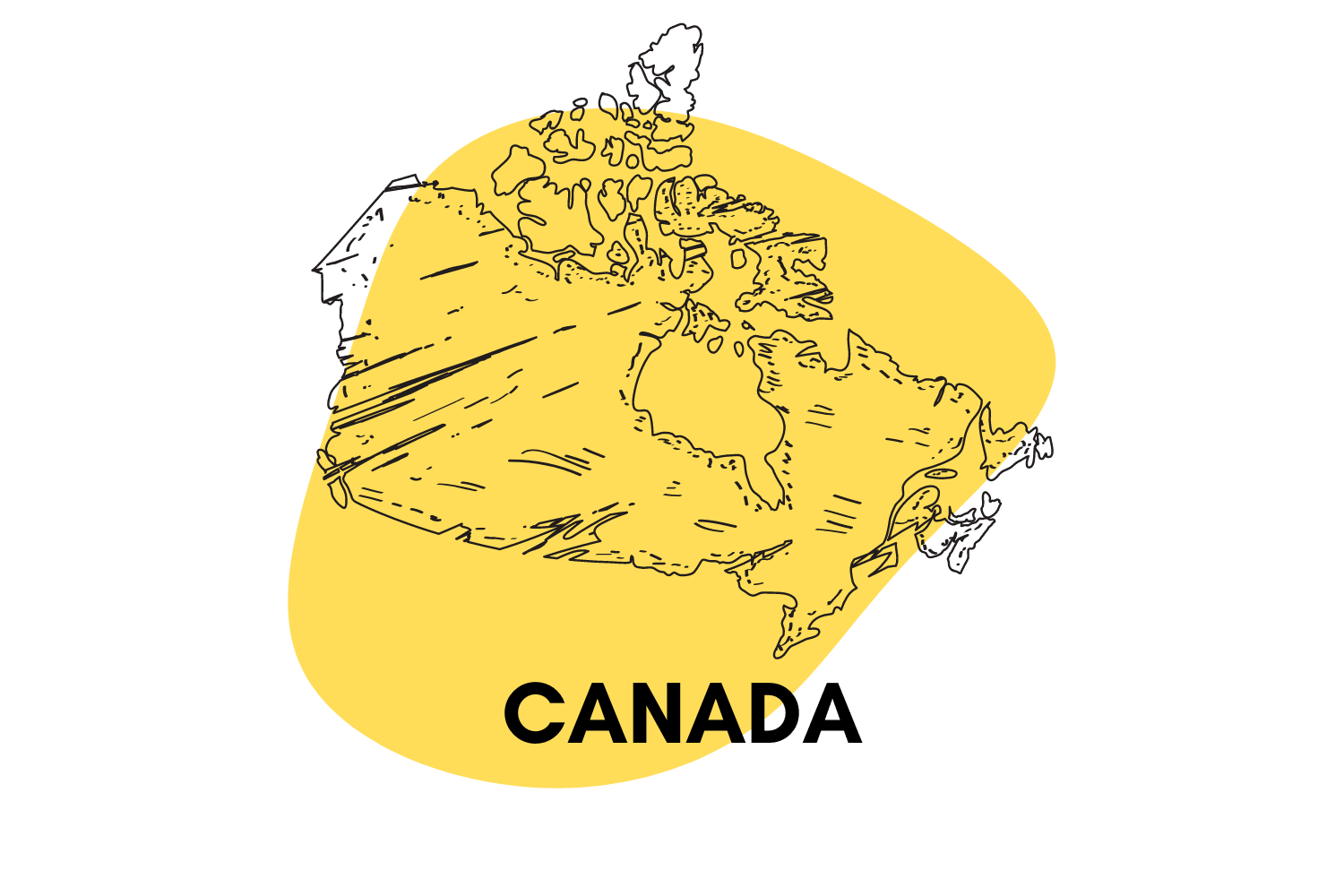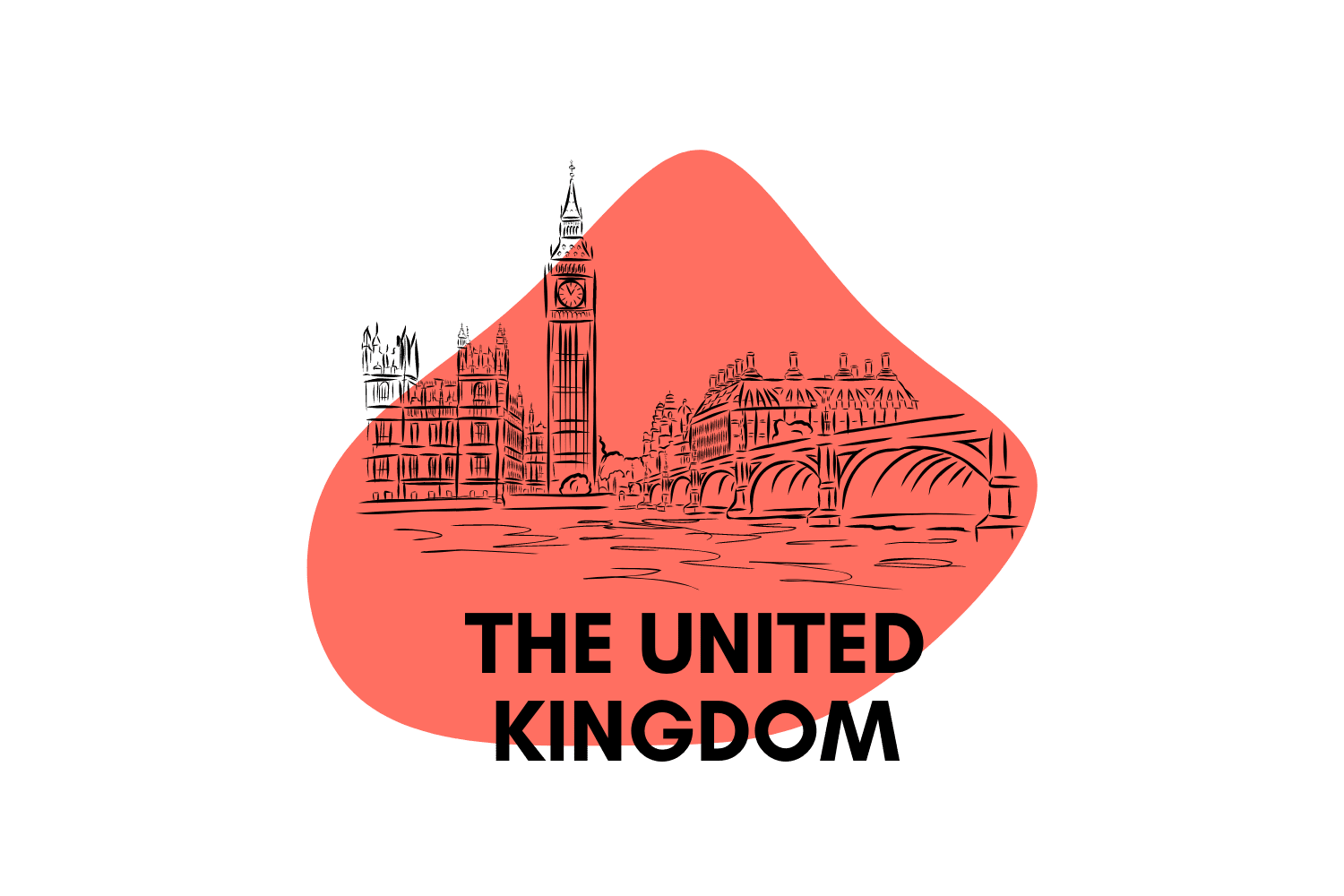Psychedelics in Manitoba, Canada: A Look at the Laws
Will Manitoba decriminalize drugs soon?
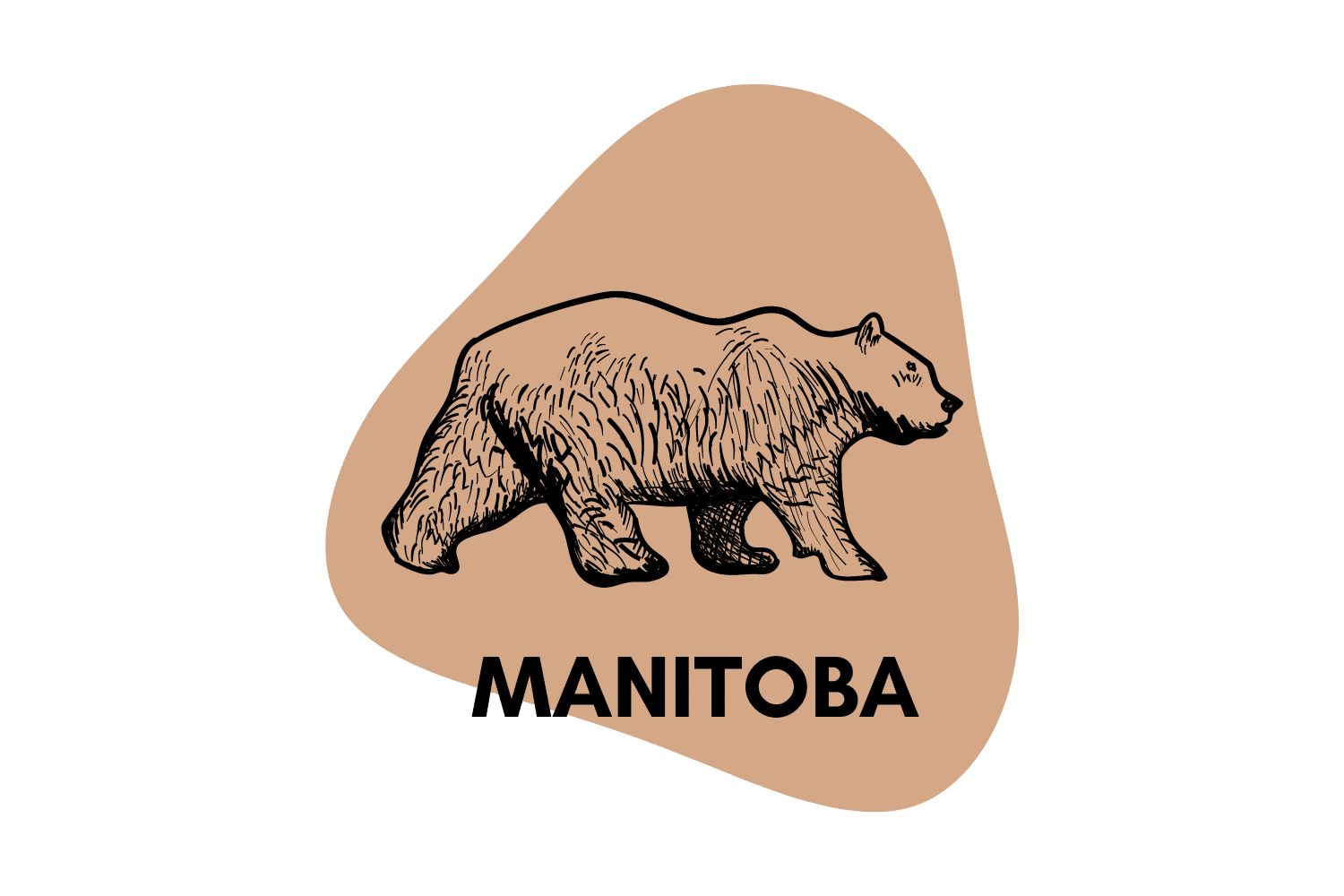
In Manitoba, all psychedelics are illegal, but the authorities don’t spend resources prosecuting for use and possession. In addition, Health Canada allows their medicinal use, albeit always in a controlled environment.
This article breaks down everything you need to know about this province’s laws on magic mushrooms and other psychedelics. Furthermore, we’ll estimate the outcome of upcoming petitions to decriminalize them.
Summary of Psychedelic Drug Laws in Manitoba
- Psychedelics and magic mushrooms are illegal in Manitoba.
- Fines for possession and use start at $1,000.
- Authorities don’t usually prosecute users.
- Marijuana is legal for medicinal and recreational use for citizens over 19 years old.
- Public use of cannabis is forbidden.
- Therapeutic use of psilocybin is legal.
- Grow kits and spores are legal, but cultivating them is not.
Are Magic Mushrooms Legal in Manitoba?
No, magic mushrooms are illegal in Manitoba.
Magic mushrooms belong to Schedule III of the Canadian Controlled Drugs and Substances Act (CDSA). Therefore, without a prescription or a license authorizing you to possess them, you could face a minimum fine of $1,000 or 6 months in jail.
However, terminally ill patients can obtain exemptions for medical use. Health Canada only allows these treatments in specialized medical centers, where professionals closely monitor the patient. In addition, people cannot leave while under the effects of the drug.
That said, this decision by Health Canada was only possible thanks to the recommendation to reclassify psilocybin by prominent scientific institutions. These institutions advocate for the therapeutic use of mushrooms because of considerable evidence of their medicinal value.
On the other hand, buying magic mushroom spores or cultivation kits is not explicitly legal in Manitoba. Even so, no law prohibits it as ungerminated spores do not contain psilocybin.
Where to Buy Magic Mushroom Spores in Manitoba
As mentioned before, magic mushroom spores are not considered illegal since they do not contain psilocybin. But, still, section 7.1 of the CDSA prohibits the cultivation of any controlled substance, so you may spend up to ten years in prison if they germinate.
To comply with the law, people can apply for an S-56 exemption from Health Canada. Furthermore, you can quickly find magic mushroom spores in stores and on the internet, as possessing or buying them without the intent to cultivate them is not a crime.
Do Magic Mushrooms Grow Wild in Manitoba?
Unfortunately, there are not many active mushroom sightings in Manitoba.
There are about 200 species of psilocybin mushrooms, which can grow in any climate, although they are prevalent in subtropical climates. They can grow anywhere globally, except in harsh, frigid environments like Antarctica.
While there are several native species in Canada, there are no records of findings in Manitoba. However, you may be able to find some specimens thriving in the surrounding regions, such as Panaeolus cinctulus and Psilocybe silvatica.
Panaeolus cinctulus
This species thrives in compost heaps and well-fertilized soils, as well as on manure. It is one of the mushrooms that grow all over the world. They usually develop in spring and summer and go well into autumn.
Psilocybe silvatica
These mushrooms prefer to grow on wood chips or debris and live near conifers. Psilocybe silvatica forms clusters, and their psilocybin levels are moderate. They are often seen from September to December in cool and humid weather.
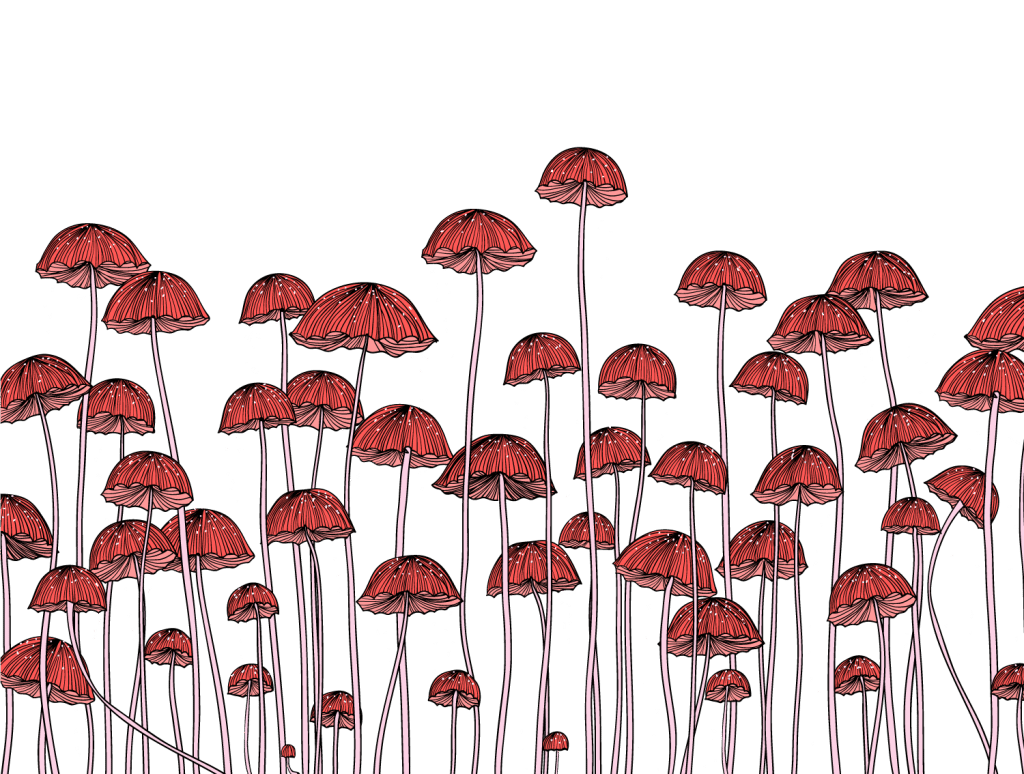
What Are the Medicinal Uses of Shrooms?
Magic mushrooms are surging in popularity as research increasingly supports their therapeutic uses. For this reason, Health Canada already allows their medicinal use in psychedelic-assisted psychotherapy.
For example, psilocybin has been shown to alleviate depression when administered and supported by trained healthcare professionals. Major depressive disorder is characterized by profound sadness, listlessness, and a loss of interest in activities that a happy person typically enjoys.
The psychedelic experience provides insights that alter the brain’s chemistry, improving the patient’s mood. A single session of psilocybin shows a more marked reduction in depressive symptoms than with conventional antidepressants.
Moreover, magic mushrooms can help trauma survivors or post-traumatic stress disorder (PTSD) patients. The first use can change a person’s perception of the experiences, breaking the pattern of flashbacks, rumination, and fear that paralyzes them.
Existential anxiety is a feeling of deep distress, usually appearing after a terminal diagnosis. The patient questions his existence and the meaning of life in general, and his self-esteem diminishes as a result.
Psilocybin offers a psychedelic experience that allows people to accept the end of life in a more peaceful and friendly way. In addition, shrooms reduce symptoms of depression and anxiety typical of existential dread.
Magic mushrooms may also help scientists understand what causes cluster headaches. Psilocybin treats cluster headaches by significantly decreasing the symptoms, including body aches, severe headaches, tearfulness, moodiness, and more.
Over 21% of Canada’s population will experience addiction in their lifetime. However, psilocybin shows promising results in treating various addictions, such as alcoholism, smoking, and substance abuse.
Finally, psilocybin and other psychedelics can enhance creativity and divergent thinking skills and improve problem-solving abilities.
Is LSD Legal in Manitoba?
No, LSD is illegal in Manitoba.
LSD (lysergic acid diethylamide) is a Schedule III controlled substance under the CDSA, so for simple use or possession, you could receive a minimum fine of $1,000 or six months in jail. However, the prosecution is infrequent.
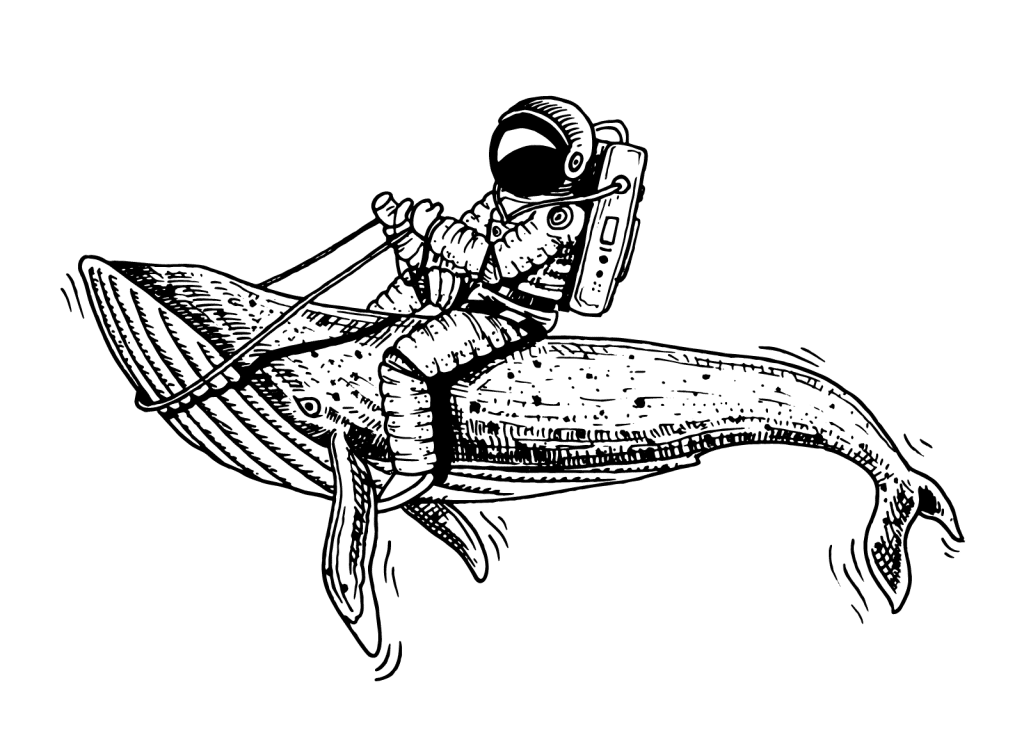
Is DMT Legal in Manitoba?
No, DMT is illegal in Manitoba.
Under Canadian law, DMT (N,N-dimethyltryptamine) is a Schedule III substance, so possessing or using it without a prescription or license is illegal. While authorities are unlikely to prosecute you, the minimum fine is $1,000. You could even spend six months in jail.
The CDSA explicitly mentions DMT and its other forms, which means that ayahuasca, changa, and Bufo toad venom are also illegal. However, Health Canada allows the ceremonial use of ayahuasca by certain religious groups, such as Uniao do Vegetal.
Is MDMA Legal in Manitoba?
No, MDMA is illegal in Manitoba.
MDMA (ecstasy) is a Schedule I controlled substance, so its possession could cost you a fine of more than $1,000 or six months in jail. However, the authorities have deprioritized the prosecution of the user, so you may not face the consequences should you get caught.
Canadian authorities are considering legalizing its medical use, as it has shown efficacy in psychedelic-assisted psychotherapy. Although MDMA will not be legal for public use soon, its decriminalization does not seem so far away.
Is Ketamine Legal in Manitoba?
Ketamine is legal for medical purposes in Manitoba.
Ketamine is a potent medical or veterinary anesthetic, and such uses are legal. However, outside of this use, ketamine is considered a Schedule I substance by the CDSA. As a result, its unauthorized use and possession carry a minimum fine of $1,000 or six months in jail.
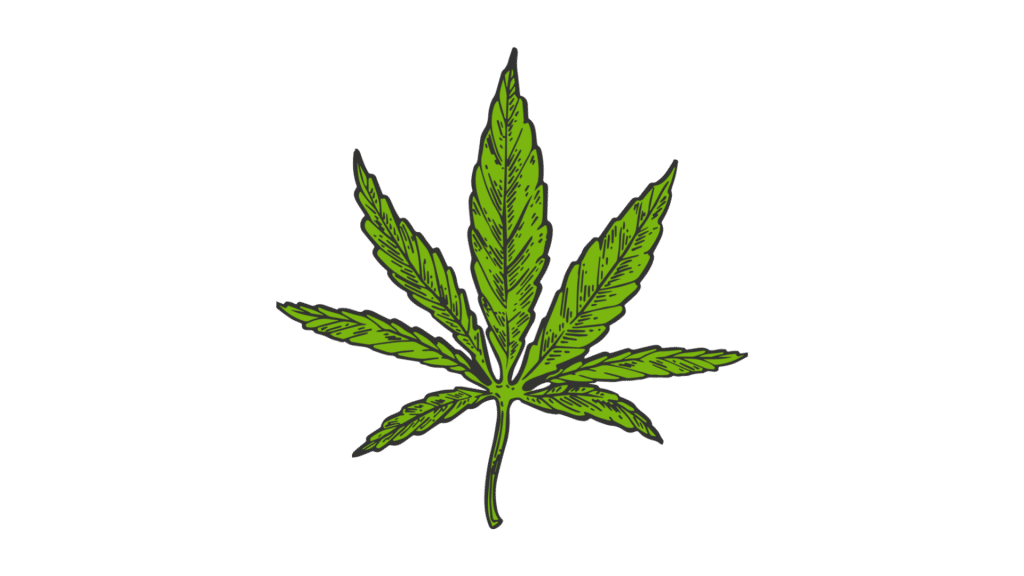
Is Marijuana Legal in Manitoba?
Cannabis is legal for both recreational and medicinal purposes in Manitoba.
The Cannabis Act legalized marijuana in Canada in 2018, making the country the second one to legalize the possession, use, and purchase of marijuana for adults after Uruguay. However, Manitoba applies cannabis laws differently from other provinces.
Under the Cannabis Act, Canadians over the age of 18 can:
- Possess up to 30 grams of legal dried cannabis in public
- Cultivate up to 4 plants per household for personal use
- Purchase cannabis products from registered sellers
- Share up to 30 grams of dried cannabis with other adults
However, in Manitoba, things are a bit different:
- You must be 19 or older to use it
- You can’t use it in public, and failing to comply lands you a $672 fine
- You can’t grow it at home, and you risk a fine of $2,542
Also, buying and consuming delta 8 THC is legal for adults. Additionally, since delta 9 THC is legal, we infer that other isomers such as delta 10 THC are allowed as well. However, the law does not explicitly mention the latter and other cannabinoids.
Even though marijuana is legal, some cannabis-related offenses remain in force, and their punishment is severe. For example, sharing marijuana with a minor is punishable by up to 14 years in prison.
What’s the Difference Between Legalization & Decriminalization?
When talking about substances, the concepts of decriminalization and legalization are often confused. But there are essential differences that distinguish them, and in this section, we will explain them to you.
On the one hand, decriminalization means that penalties disappear and fines are significantly reduced, but the substance remains illegal. For this reason, decriminalized substances still are prevalent in black markets.
On the other hand, legalization implies the elimination of all fines and penalties, although the substance is allowed with certain restrictions. In this way, the state regulates the industry, hitting illegal trading and establishing a safe, legal framework for the user.
Psychedelic Laws in Other Canadian Provinces
Some provinces treat drug offenses differently than Manitoba.
- Psychedelics in Alberta
- Psychedelics in British Columbia
- Psychedelics in New Brunswick
- Psychedelics in Newfoundland and Labrador
- Psychedelics in Northwest Territories
- Psychedelics in Nova Scotia
- Psychedelics in Nunavut
- Psychedelics in Ontario
- Psychedelics in Prince Edward Island
- Psychedelics in Quebec
- Psychedelics in Saskatchewan
- Psychedelics in Yukon
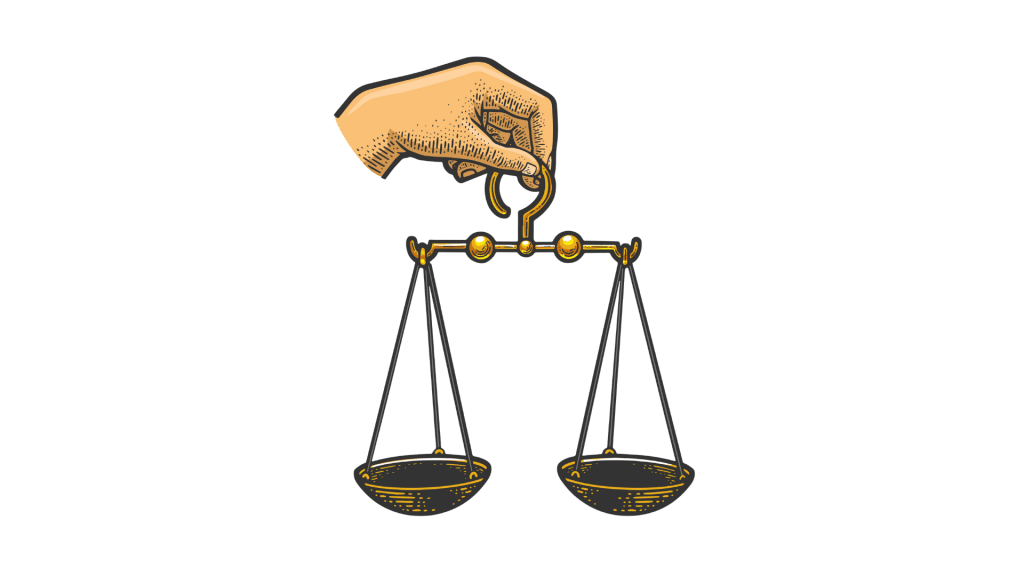
Key Takeaways: What’s the Future of Psychedelics in Manitoba?
When it comes to psychedelics, Canada is one of the most progressive countries in the world. Marijuana is perfectly legal, and Manitoba’s authorities do not make it a priority to prosecute users.
The palliative use of psilocybin is legal, and there are ketamine clinics all over Canada. The central government has received requests for decriminalization from Vancouver and British Columbia, and the outcome is likely to be favorable.

